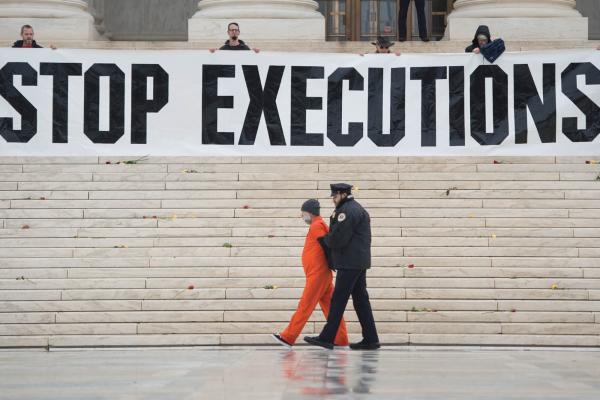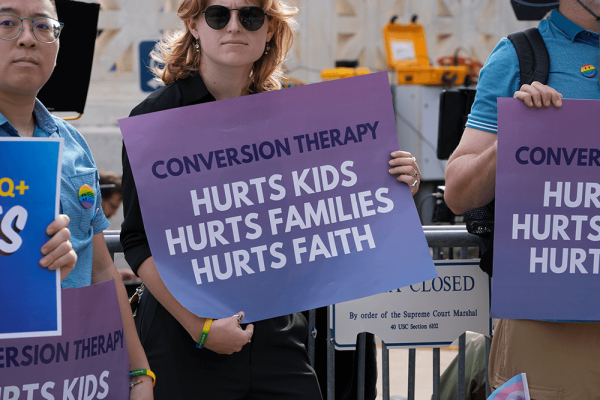ON MARCH 13, California Gov. Gavin Newsom signed an order issuing a moratorium on the state’s death penalty—providing a reprieve from execution for 737 people on death row. Newsom cited as reasons that the ultimate penalty provides no public safety benefit and has no value as a deterrent. As someone who has worked as a public defender inside the criminal justice system for 30 years, I applaud the humanity and compassion of his decision.
While the number of countries that employ the death penalty dwindles, the United States and several others still enforce it. Despite strong empirical evidence to the contrary, we are led to believe capital punishment is reserved for the “worst of the worst” and that it is supported by victims and law enforcement alike. Leaving aside that 156 people on death row nationwide have been exonerated since 1973, the death penalty is discriminatory in its application and in the selection of those whom the state seeks to kill. It is largely sought because of the economic status of the defendant, the race of the victim and the defendant, and where the crime took place, not because of the circumstances of the offense.
When I am assigned a potential state execution case, I first meet—for as many hours as I can—with my client and any family he or she may have. I delve deeply into how we got to this moment. In addition to examining evidence, I want to learn how the person before me came to be here. How did this human, who was once an innocent child, come to be defined and judged by the worst moment in their life?
I work closely with social workers, doctors, psychologists, and mitigation experts to develop a social history of the accused. People on death row are suffering. They are often mentally ill and have been emotionally and physically abused, and they are disproportionately people of color and with limited resources. They are children who have grown into adulthood without the benefit of education, compassion, health care, nutrition, and the chance to develop a spiritual life. They have suffered deprivation of the mind and body that often leads to illness, addiction, and sometimes violence.
I have represented clients who face the death penalty and seen death verdicts returned. I have seen people who consider themselves spiritual leave their moral compasses at home in pursuit of this penalty and seen those same people celebrate the return of a death verdict. Some politicians, who seek support from an electorate that they perceive wants state killing, do the same.
How do we reconcile the judgment of all faith traditions that premeditated killing is morally and spiritually wrong with the support for this ultimate penalty? Whatever our faith, we all hold sacred the moral imperative to protect the least among us. Those on death row are such people.
Gov. Newsom, in following his moral compass and issuing a moratorium, paused the California execution process. If we believe that empathy is the interruption of the isolation of suffering, how can that be denied to any of us? Empathy is what Newsom has given those on death row—and an interruption in the dehumanization required in all of us to justify this penalty.
As death penalty lawyer and activist Bryan Stevenson so eloquently put it, “The death penalty is not about whether people deserve to die for the crimes they commit. The real question of capital punishment in this country is, Do we deserve to kill?” My hope is that we take this time to examine the very morality of this discriminatory punishment.

Got something to say about what you're reading? We value your feedback!






